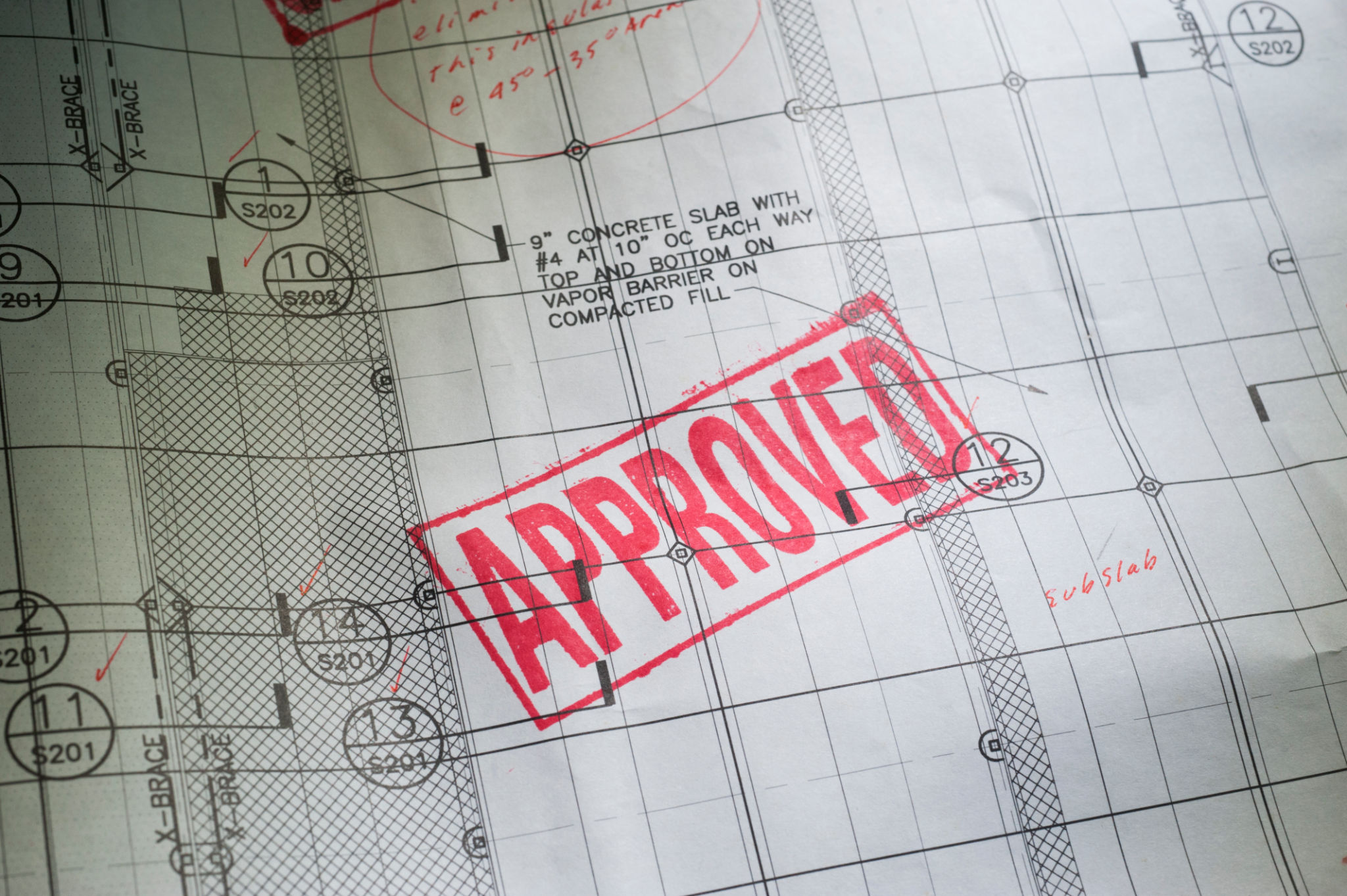How to Navigate Construction Regulations in Your Area
Understanding Local Construction Regulations
When embarking on a construction project, navigating local regulations is crucial. These regulations ensure safety, environmental protection, and community harmony. Understanding these rules is essential before breaking ground to avoid costly delays and penalties.
Construction regulations can vary significantly from one region to another. They encompass zoning laws, building codes, permits, and inspections. Familiarizing yourself with these elements will set a solid foundation for your project.

Researching Zoning Laws
Zoning laws dictate what can be built and where. These regulations are designed to control urban development and land use. Start by visiting your local government website or planning department to understand the zoning laws applicable to your area.
Consider the following when researching zoning laws:
- The type of structures allowed in specific areas.
- Height and size limitations.
- Setback requirements from property lines.
Complying with Building Codes
Building codes ensure the structural integrity and safety of a construction project. These codes cover various aspects such as electrical systems, plumbing, fire safety, and energy efficiency. It's vital to hire professionals who are well-versed in these codes to ensure compliance.
Regular updates to building codes mean staying informed is crucial. Engage with local contractors or architects who can provide guidance on the latest code requirements.

Obtaining Necessary Permits
Permits are official approvals from local authorities to commence construction. The types of permits required can include building permits, electrical permits, plumbing permits, and more. Obtaining these permits is a legal requirement before starting any construction work.
To streamline the permit application process:
- Prepare detailed plans and specifications of your project.
- Submit applications well in advance of projected start dates.
- Follow up regularly with the local permitting office.
Navigating Inspections
Throughout the construction process, inspections are mandatory to ensure compliance with regulations and safety standards. These inspections can occur at various stages, such as foundation, framing, plumbing, and final completion.
Working closely with inspectors can facilitate a smoother inspection process. Address any issues they identify promptly to avoid delays in your project timeline.

Engaging with the Community
Community engagement is often overlooked but can be a critical aspect of navigating construction regulations. Informing neighbors about your project plans and timelines can foster goodwill and minimize potential conflicts.
Consider hosting informational meetings or providing updates through newsletters or social media to keep the community informed and engaged.
In conclusion, successfully navigating construction regulations requires thorough research, careful planning, and effective communication. By understanding zoning laws, complying with building codes, obtaining necessary permits, and engaging with the community, you can ensure a smoother construction process. Remember, the key is to be proactive and informed at every stage of your project.